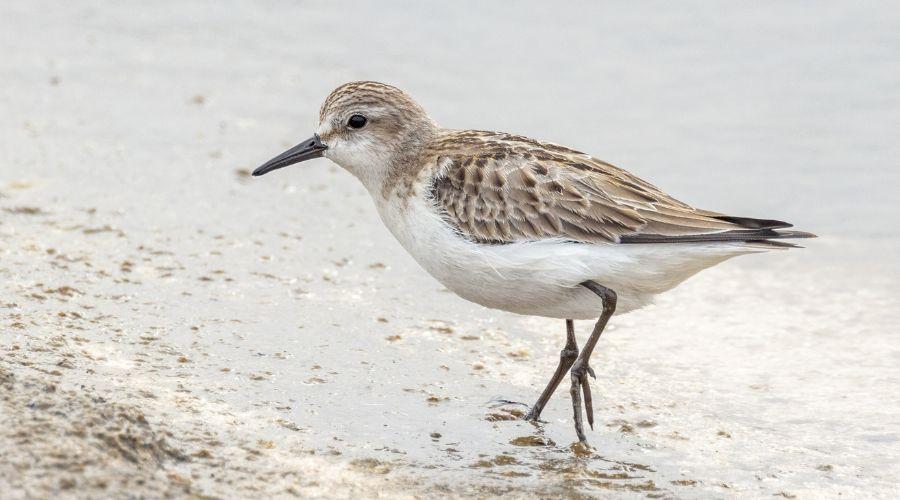Media Releases - 09 January 2024
Federal Environment Minister prioritises natural values, blocks wind turbine plant proposed on internationally significant Ramsar wetland

Federal Environment Minister Tanya Plibersek has blocked a proposal to build a wind turbine assembly plant at the Port of Hastings in Victoria due to unacceptable environmental impacts on the Western Port Ramsar wetland.
The Wilderness Society welcomes this decision from Minister Plibersek, who said in her rejection that the plant would cause “irreversible damage to the habitat of waterbirds and migratory birds and marine invertebrates and fish”.
To protect humanity and the natural environment from the impacts of climate change, a transition away from fossil fuels and into renewables is necessary and urgent—but how Australia does renewables is just as critical as when. Destroying internationally recognised wetlands that are critical carbon sinks, as well as habitat for native and migrating species, in order to build renewable infrastructure is untenable.
Protecting nature is critical to tackling the climate crisis because the continued loss and degradation of nature increases climate vulnerability and contributes to significant greenhouse gas emissions. Just last month at the COP28 Climate Conference held in Dubai, the UAE consensus which emerged emphasised “the importance of conserving, protecting and restoring nature and ecosystems towards achieving the Paris agreement temperature goal”.
It is vital that Australia considers carefully where and how renewables projects are implemented. The mistakes humanity made in destroying nature through the industrial revolution must not be repeated through the renewables revolution. Instead, renewables projects should only proceed where negative impacts on natural and cultural values have been minimised.
Victoria Jack, Campaigner for the Wilderness Society, said, “To tackle the climate and biodiversity crises, it is critical—and entirely possible—that we transition to renewables in a way that minimises negative impacts on natural and cultural values. Halting the loss and degradation of nature is one of the best ways to defend against a warming climate.
“Sacrificing intact natural values for renewable energy expansion is illogical. Proposals like the one at the Western Port Ramsar site, an internationally significant wetland, risk degrading the very environment that a shift to renewables is intended to protect. It is unacceptable and unnecessary to destroy internationally recognised natural and cultural sites to make way for renewables projects, and it’s heartening that the minister has made the right call in this case.”
The Wilderness Society urges Minister Plibersek to continue to apply this considered oversight to the many environmentally destructive projects currently on foot around Australia.